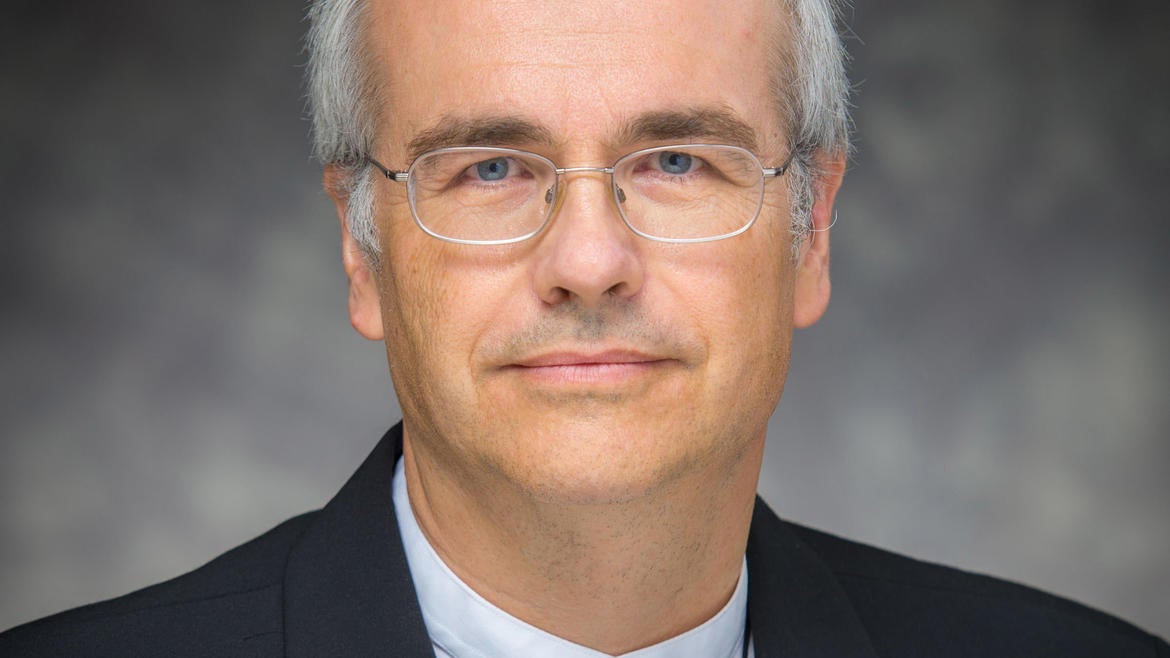Biochemistry 252 Seminar- Luc Jaeger, UC Santa Barbara

The Department of Biochemistry's weekly BCH 252 seminar series is presented this week by:
Luc Jaeger, Professor, Chemistry and Biochemistry Department, UC Santa Barbara
Seminar Title: "The 'modular' ribosome: clues for the past, present and future of biology"
Abstract: Through an extensive structural analysis of the ribosomal RNAs, we have garnered a great amount of information on the way RNA self-assemble and fold into complex three-dimensional architectures. Organized three-dimensional networks of interactions often take advantage of recurrent structural modules (or motifs) that specify localized arrangements of conserved and semi-conserved nucleotides. Within ribosomal RNAs, structural modules are found in a variety of combinations to form distinctive and specialized local architectures (or native folds) able to perform specific operations including intermolecular recognition, catalytic, or mechanical functions. Over the past 15 years, we have taken advantage of these structural modules outside their natural context for creating programmable RNA nano-structures with great potential for nanotechnology and synthetic biology. More recently, we have also used these structural modules as molecular signatures for understanding the evolution of the ribosome before the emergence of the last Universal Common Ancestor (LUCA). As such, we have identified multiple instances of duplication and recombination of RNA structural modules within the small and large ribosomal subunits. While few of these modules are late additions to the pre-LUCA ribosome, more than two third of them are involved in rRNA regions that are among the most conserved and ancient parts of the ribosome. Our structural analysis of the ribosomal RNAs sheds new lights on the way the translational apparatus emerged and evolved before the rise of Last Universal Common Ancestor (LUCA).
Faculty Host: Dr. Gregor Blaha; gregor.blaha@ucr.edu